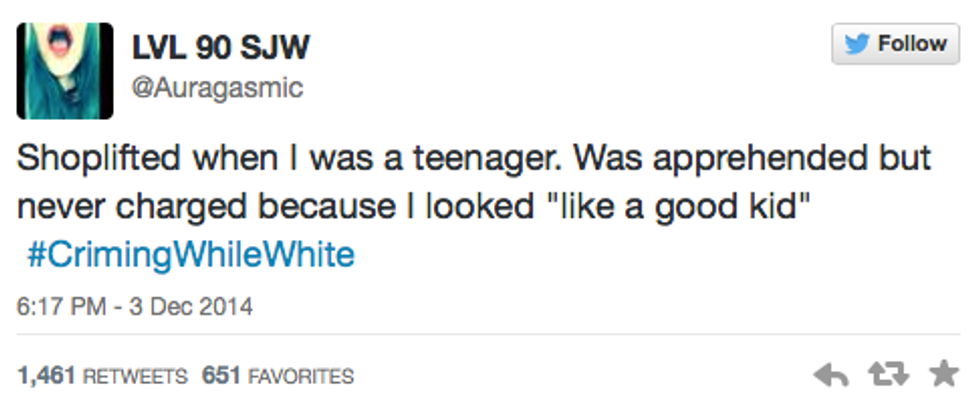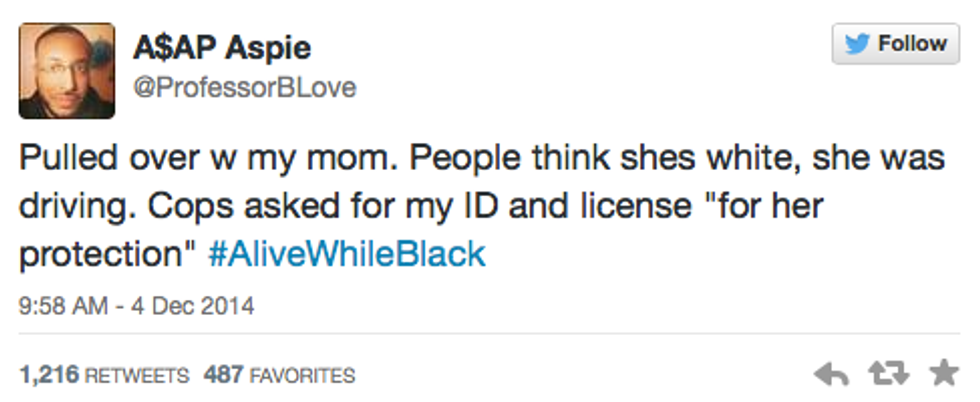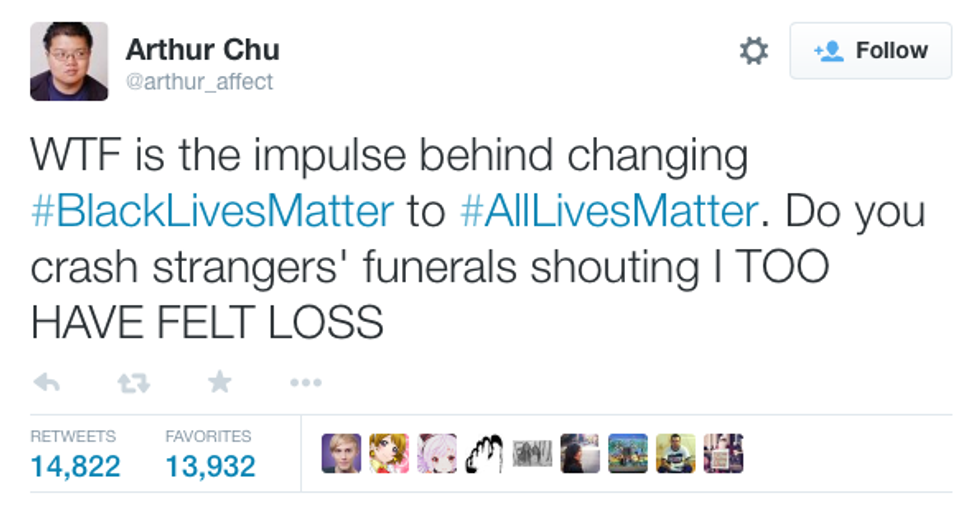On July 17th, an African American man named Eric Garner tragically lost his life in the midst of an arrest.
The 43-year-old husband and father of six was allegedly spotted selling untaxed cigarettes (or “loosies”) on Bay St. in Staten Island by police. Having run in with many of these same police officers before, Garner immediately spoke up to the officers, claiming that he was not doing anything wrong this time.
His efforts, however, were not convincing to police, and Officer Daniel Pantaleo soon brought him to the ground through the use of a chokehold — which has been banned by the New York Police Department since 1993. After hitting the ground with multiple officers surrounding him, Garner began to repeat multiple times that he could not breathe. Despite his cries for help, the police officers did not let up their pin on him until he was successfully handcuffed. Following the depressurizing, medical attention was brought to the scene to an unresponsive Eric Garner. He would later pass on due to a heart attack while en route to the hospital.
As many of us know, the verdict in the case against Officer Daniel Pantaleo was "not guilty." This verdict, not long after the ruling in the Ferguson trial involving Michael Brown and Officer Darren Wilson, set social media ablaze. Many individuals took to the streets of Staten Island in protest against the verdict while others took to their computers in hopes of organizing some type of discussion or activism. Most of this outrage was communicated through Twitter through the use of hashtags — mainly #ICantBreathe, #CrimingWhileWhite and #AliveWhileBlack.
#ICantBreathe was a simple but powerful reiteration of the 11 times Garner pleaded for the officers to get off of him. Although this is a hashtag, the same sentiment was also backed by major athletes and other celebrities. In addition, the phrase proved very poignant when chanted by protesters around the country.

#CrimingWhileWhite highlighted the intense racial imbalance that occurs in America when dealing with law enforcement.

#AliveWhileBlack gave the world a look into what it was like to be a black citizen in the US — even when no crime is being committed.

In response to many of these hashtags, some began to twist the point around and tweet #AllLivesMatter in place of #BlackLivesMatter. While 99 percent of the nation would agree with this, that is not the point that is trying to be made.

There were even protests and rallies against the Eric Garner decision here at UVA and in the Charlottesville community.
 However, not all peaceful protests are always greeted with kindness. As I have stated before, Yik Yak has turned anonymity into something very evil. But, without such an application such as this, we would not be able to see what a few of our fellow wahoos really think about the black community taking a stand about injustice.
However, not all peaceful protests are always greeted with kindness. As I have stated before, Yik Yak has turned anonymity into something very evil. But, without such an application such as this, we would not be able to see what a few of our fellow wahoos really think about the black community taking a stand about injustice.

The night this occurred really struck a chord in me and made me reevaluate the community I was with at UVA. These posts, although anonymous, speak volumes about the priorities of many UVA students. Yes, the protesters did make their way through the library, but is five minutes of your study time more important than the pressing issues of today? Have we really become so closed off from the real world that we put the lives and rights of others over a couple pages that you probably won't even remember?
To those students who claim UVA doesn't a race problem and does not need to have race-based protests — have we forgotten so quickly?
The truth of the matter is that we are not living in a post-racial society or even university. Matters like these are important, and it is not up to just the black community of UVA to address it. We need to come together as a community and attack this head-on because from what we can all see, there is a lot of closet racism around us that needs to be addressed.
This is our university and we have a duty to make sure all students feel safe and welcomed. Rather than just focusing on issues of sexual assault, we should focus on ALL areas of social injustice if we truly want to be proud of the University of Virginia when we graduate.



















